Found 16 movies, 1 TV show, and 0 people
Can't find what you're looking for?
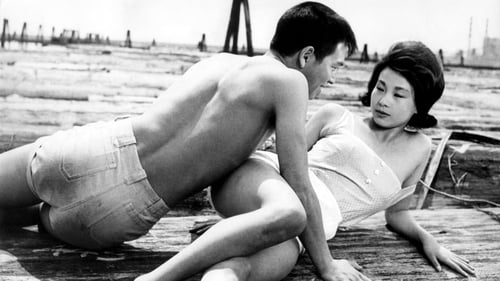
The story of the first century of Japanese cinema from the point of view of the controversial Japanese filmmaker Nagisa Ōshima.

This documentary by Hubert Niogret looks at the revival of Japanese cinema during the 1990s.

Documentary on one of the most famous branches of Japanese filmmaking, the erotic Pink film genre, known as Pinku Eiga, and the closely related Roman Porno cult films series produced by notorious Nikkatsu studios from 1971 to 1988.
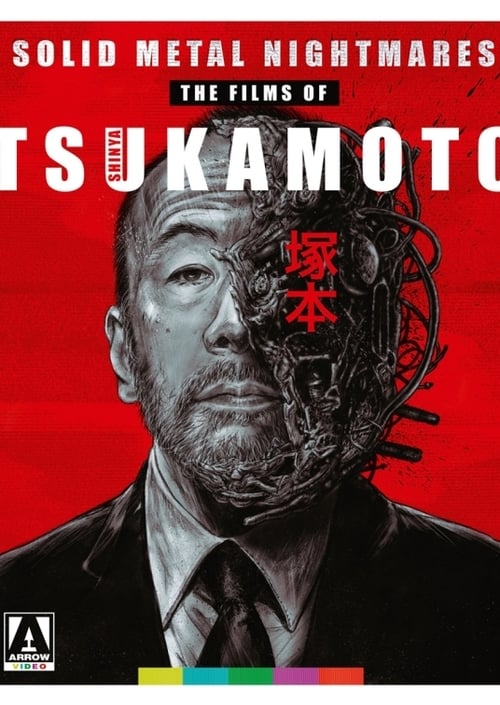
Career spanning interview up to 2020.

A program of five films on love and sex from the Japanese underground of the experimental cinema, assembled by avant-garde cineaste Takahiko Iimura, and shown at the American Cinematheque from January 19 to 25, 1967.
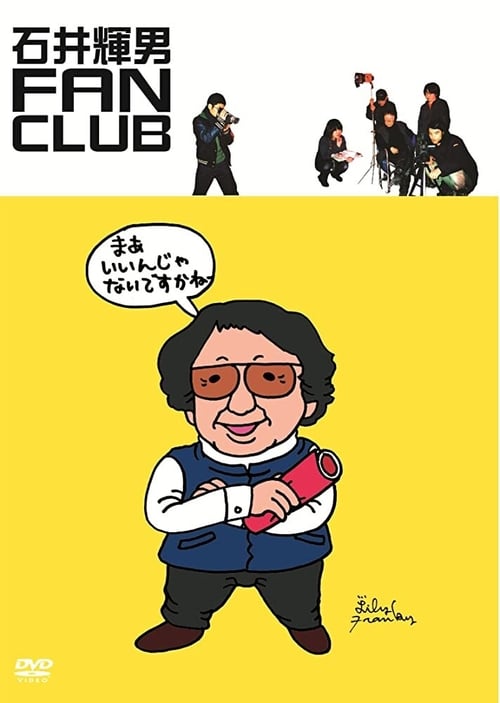
A documentary on Teruo Ishii, the Japanese "King of Cult".
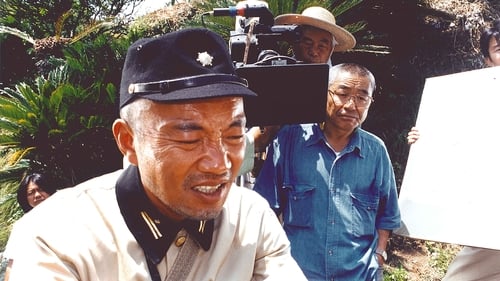
The film is a series of vignettes from Taiji Tonoyama's life and film clips, interspersed with a dialogue to camera by Nobuko Otowa, addressing the camera as if she is addressing Tonoyama himself, recollecting events in his life. The film focuses on Tonoyama's alcohol dependence and his various sexual relationships, as well as his film work with Shindo.
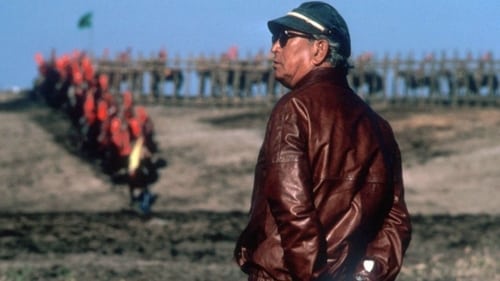
An intimate chronicle of the shooting of Ran (1985), a film directed by the legendary Japanese filmmaker Akira Kurosawa.

Legendary anime director Rintaro’s (Metropolis, X/1999, Galaxy Express 999) first new work in over a decade depicts pioneering 1930s director Sadao Yamanaka and the production of his Nezumikozo Jirokichi. Despite dying before the age of 30, Yamanaka was a pivotal influence in Japanese cinema whose work would go on to inspire future generations. While most of his films have been lost to time, his scripts remain, and Nezumikozo Jirokichi recreates one of these lost films—a tale of a famous, virtuous bandit in old Edo—as imagined by Rintaro together with an all-star team including Katsuhiro Otomo (Akira, Memories), Taro Maki (Pluto, Millennium Actress) and Masao Maruyama (Ninja Scroll, Perfect Blue).
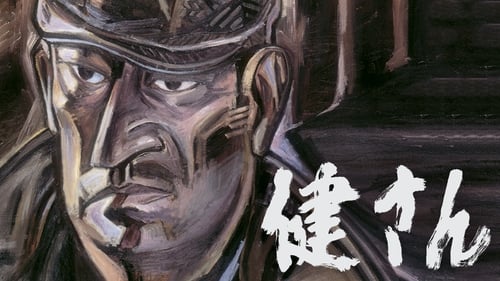
KEN SAN pieces together the puzzle of the life and legacy of Japan's mythical acting icon, Ken Takakura. Collaborators, friends and family tell intimate stories of Ken's journey: how one man of quiet dignity became a cultural barrier-breaking film star.

No description available for this movie.
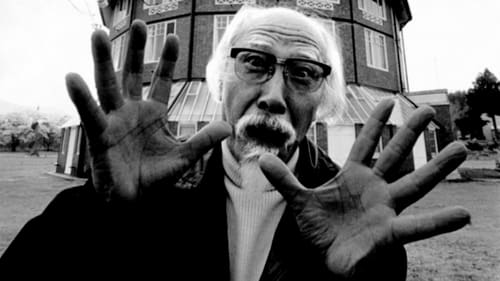
Film director and screenwriter Seijun Suzuki (1923-2017), who in the sixties was the great innovator of Japanese cinema; and his collaborator, art director and screenwriter Takeo Kimura (1918-2010), recall how they made their great masterpieces about the Yakuza underworld for the Nikkatsu film company.

A short documentary primarily focused on Nikkatsu's Roman Porno series.
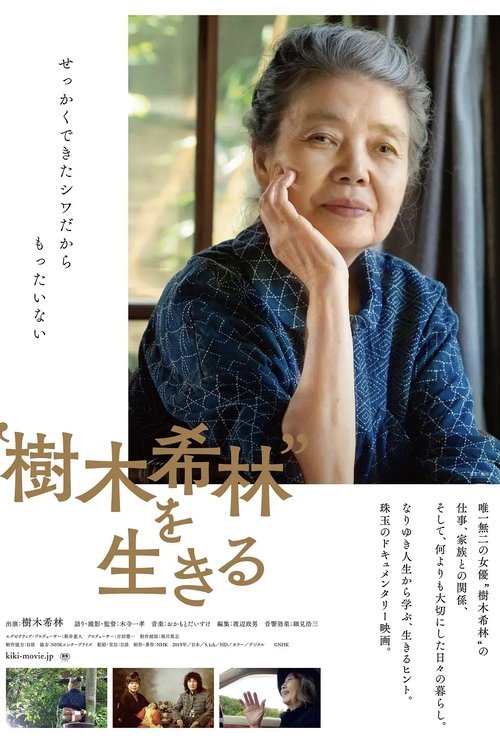
This documentary follows the last days of actress KIKI Kirin, who passed away on September 15, 2018. The documentary is the first long-term, in-depth coverage of Ki-kin, and is a re-edited version of the NHK documentary of the same title that was broadcast on September 26, 2006, adding previously unseen footage. She was loved all over Japan for her blunt remarks, her attentive concern for those around her, and her overflowing sense of humor. Despite her busy schedule, she valued her daily life and had her own unique style, even though she talked about life as it came. This film captures the last days of her life and gives us hints for living from her "life as it comes" and her many inspiring words.
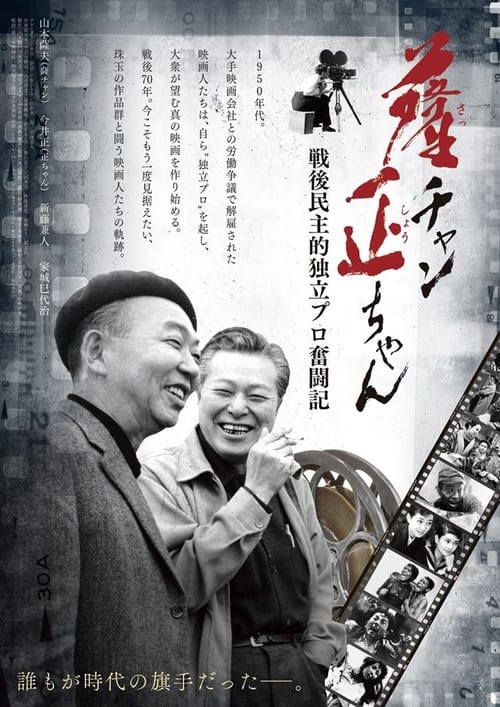
After the war, many filmmakers were expelled from the Japanese film industry due to the Toho Dispute and the Red Purge. Amid such circumstances, there were people who set up their own independent production companies and embarked on film production without relying on corporations. This documentary film focuses on the passionate "spirit of film" of directors such as Satsuo Yamamoto and Tadashi Imai, who, despite many hardships, produced a succession of masterpieces overflowing with humanism and rebellious spirit.

Because his style was similar to that of Yasujiro Ozu, who was already active at Shochiku, he moved to PCL (currently Toho) in 1933, where he appeared in the talkie works "My Wife, Like a Rose" and "Tsuruhachi Tsurujiro." It got attention. There were times when he was unable to make as many films as he wanted due to wartime film regulations and post-war Toho disputes, but in 1951 he revived his career with Meshi. Since then, he has released masterpieces one after another, including "Okaasan," "Lightning," "The Couple," "Wife," "Anii Mouto," "Sounds of the Mountain," and "Bangiku." The pinnacle of his work, "Floating Clouds," is Kenji Mizoguchi's "Wife." Even director Ozu was impressed, calling it a masterpiece of Japanese cinema, on par with "The Sisters of Gion." He depicted ordinary people in everyday life with an everyday realism that was not influenced by lyricism, and he consistently sought out women as his subjects.